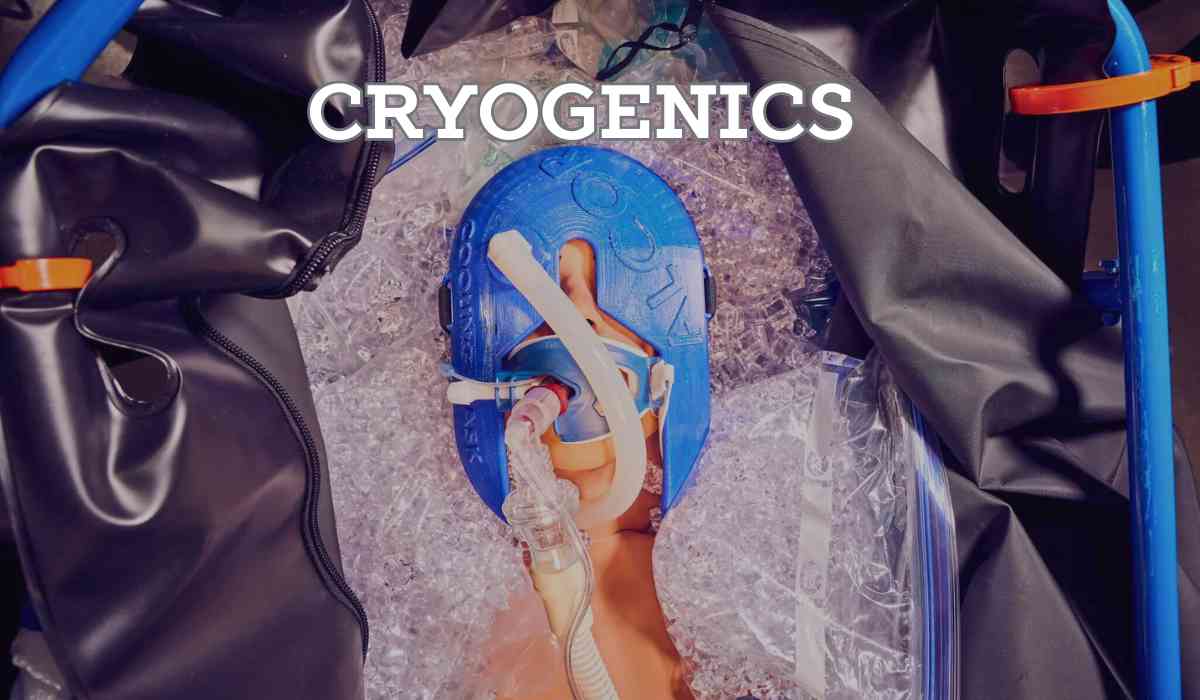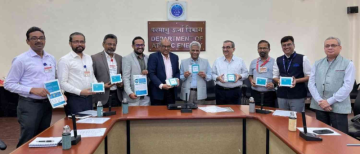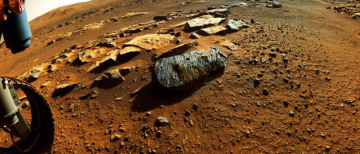Everyone by now has probably heard of 'freezing eggs' or 'freezing embryos' for use in the future, or you may have even heard of stem cells being frozen or we all have a semblance of Mr. Freeze from Batman movies. Humanity has long been captivated by cryopreservation, the technique of keeping bodies at extremely low temperatures. The prospect of prolonging life or surviving after death has sparked numerous studies and advancements across the globe. Australia recently achieved a major milestone in the field of cryopreservation when it successfully preserved a human being, making headlines worldwide.
Cryopreservation in Australia
For the first time in Australian history, a human body was successfully cryopreserved in 2024 by the Melbourne-based company Southern Cryonics. This accomplishment raises Australia's profile in cryogenic research and initiates conversations about the direction this technology will take. By adhering to stringent legal and scientific protocols, Southern Cryonics guarantees that those who choose cryopreservation will have the opportunity to be revived in the future, provided that medical advancements permit.
Lead scientist at Southern Cryonics, Dr. Richard Dawson, said,
"This is not just a leap for Australia but a significant step forward for humanity." By the time science catches up, we want to offer people another chance at life."
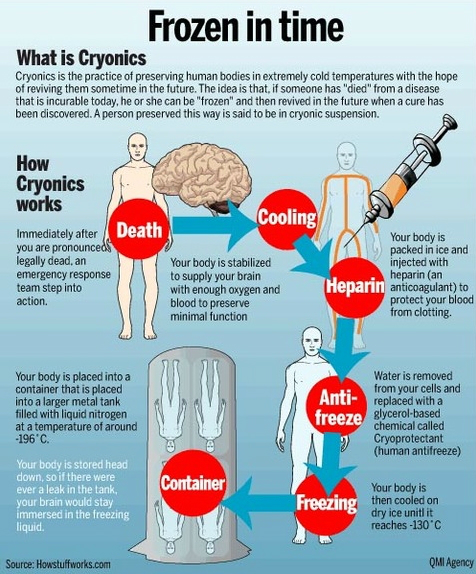
The Pros and Cons of Cryopreservation
Pros
Life Extension: The most compelling advantage is the potential to extend life. By preserving bodies until future medical technologies can cure currently incurable diseases, cryopreservation offers hope for longer, healthier lives .
Scientific Advancements: The field drives research in cryobiology, leading to innovations that can benefit other medical and scientific areas. For instance, organ preservation for transplants can benefit from advancements in cryopreservation techniques .
Space Travel: As humanity looks to explore and colonise other planets, cryopreservation could play a crucial role in long-duration space missions. It could help manage the psychological and physiological challenges of long-term space travel.
- In 2015, Matheryn Naovaratpong, a 2-year-old Thai girl suffering from brain cancer, became the youngest person to receive cryopreservation as reported by Reuters.
"She had numerous brain surgeries, but sadly, none of them were successful. Both of her parents were medical professionals. Thus, they got in touch with us "said Max More, CEO of Alcor, a nonprofit organisation that bills itself as the world leader in cryonics.
_1717091308.png)
Alcor CEO Max More poses in front of the dewars that house his 147 cryopreserved patients. PC: Qin Chen / CNBC
Cons
Ethical and Legal Issues: There are significant ethical debates surrounding consent, the definition of death, and the rights of cryopreserved individuals. The question of whether cryopreserved individuals should have legal rights remains unresolved .
Uncertain Outcomes: The technology for revival does not currently exist, and there are no guarantees that it ever will. Critics argue that investing in cryopreservation might divert resources from more immediate medical needs .
Cost: Cryopreservation is expensive, making it accessible only to those who can afford it, raising issues of inequality. The cost of maintaining cryogenic facilities and the potential financial burden on future generations are also concerns .
For example, if we take Alcor's own given information from 2022, an example calculation for Whole Body Cryopreservation with Surcharges will:
- Base Cost: $220,000
- Potential Surcharges:
- Non-U.S./Canada Case: $10,000
- Early Services (within first 180 days): $20,000
- Third Party Agreement Signing: $25,000
► Total Potential Cost: $220,000 + $10,000 + $20,000 + $25,000 = $275,000 /- _1717092224.png)
Global Cryopreservation Projects
Beyond Australia, several countries are at the forefront of cryopreservation research and implementation:
► United States: Home to the Alcor Life Extension Foundation and the Cryonics Institute, the US has been a leader in cryopreservation for decades. Both organisations have hundreds of preserved individuals and continue to advance the science. Alcor, in particular, is known for its high-profile clients and rigorous scientific approach .
► Russia: KrioRus is a prominent cryonics company in Russia, providing services similar to those in the US but at a lower cost. KrioRus has been expanding its services to include international clients, reflecting the growing global interest in cryopreservation .
► China: China's Yinfeng Biological Group has entered the cryopreservation arena, reflecting the country's growing interest in advanced biotechnologies. The group has invested heavily in research and aims to become a leader in the field .
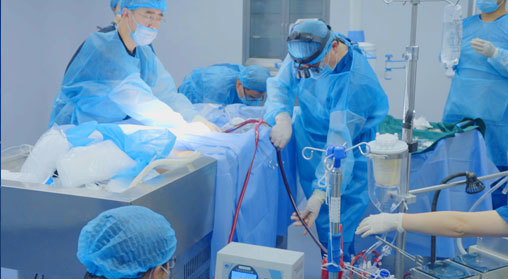
Yinfeng Life Extension Program, China
Cryopreservation and Space Travel
Cryopreservation might become crucial as humanity aims to become a multiplanetary species. The lengthy durations involved in space travel present significant challenges, particularly when visiting far-off planets like Mars. The use of life support systems could be minimised if astronauts could complete these protracted flights in a state of suspended animation thanks to cryogenic sleep.
The CEO of SpaceX, Elon Musk, has been a strong proponent of human colonisation of Mars. In his vision of the future, which he shared at the 68th International Astronautical Congress in Australia in September 2017, human transportation over great interstellar distances may be made possible by cryogenic preservation.
"In order to make life multiplanetary, we'll need to solve some critical problems, including long-term space travel and sustainable living conditions on other planets," Musk said.
The founder of the Mars Society, Dr. Robert Zubrin, has also emphasised the significance of cryogenic technologies for space exploration.
"The field of cryopreservation holds great promise for interplanetary missions. It enables us to think beyond the limitations imposed by the present state of space travel."
_1717093124.png)
The Importance of Cryogenic Preservation for Multiplanetary Theory
The idea that humans are a multiplanetary species depends on our capacity to endure and prosper in the hostile environment of space. Some of these problems may be resolved by cryopreservation by:
– Minimising Resource Consumption: Extended missions would be more feasible with preserved astronauts using fewer resources. This has the potential to drastically lower the weight and expense of interplanetary missions.
– Preserving Human Health: Steer clear of extended exposure to cosmic radiation and microgravity while in transit. Long-term space travel may have negative health effects, but these may be lessened with cryogenic sleep.
– Enabling missions to far-off planets and potentially other star systems would expand human reach. The capacity to preserve and subsequently resurrect humans may pave the way for new scientific discoveries.
_1717094077.png)
MARS COLONIES ILLUSTRATION BY SPACE X
Modern-Day References
Leaders in technology today endorse the vision of space exploration and cryopreservation.
The founder of Blue Origin, Jeff Bezos, has shown interest in the possibility of cryogenic sleep for extended space travel.
"We need to create technologies that enable us to travel great distances if we are to establish a future for humanity in space. Among those essential technologies is cryopreservation," Bezos said.
• NASA's long-term space exploration strategy includes ongoing research into the viability of cryogenic technology. NASA gave a grant to a group studying cryogenic sleep chambers in 2021 in an effort to increase the viability of human missions to Mars.
_1717093913.png)
In summary, cryopreservation is an intriguing nexus of scientific advancement, space travel, and life extension. With Australia leading the way in this field and other countries pursuing similar technology, cryopreservation has the potential to open up new vistas for humankind on Earth and beyond. The prospect of evolving into a genuinely multiplanetary species may depend on our capacity to perfect the technique of time travel.
Inputs from multiple agencies
Media inputs: Multiple sources
ⒸCopyright 2024. All Rights Reserved Powered by Vygr Media.

